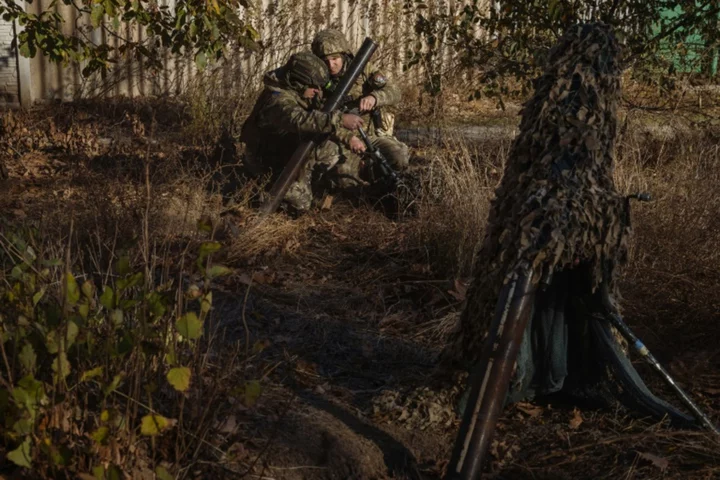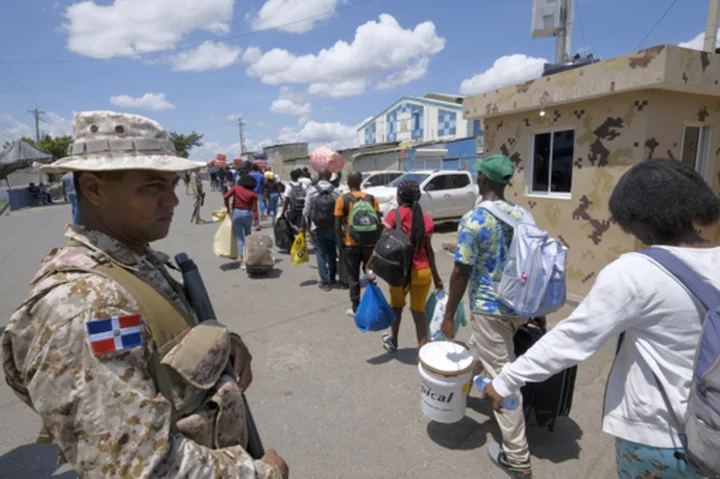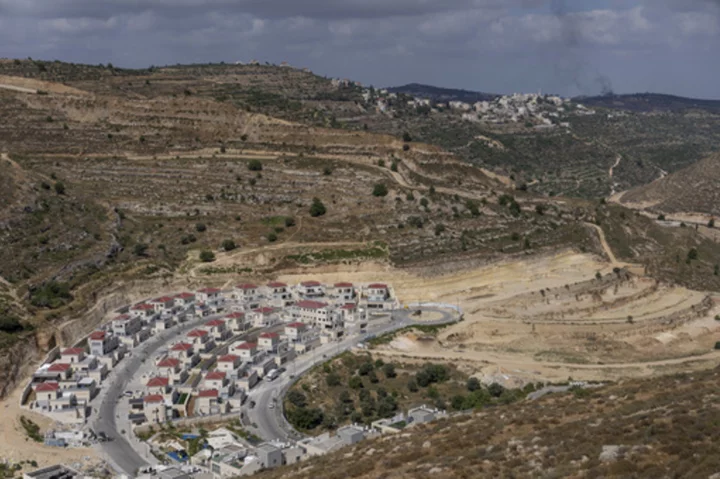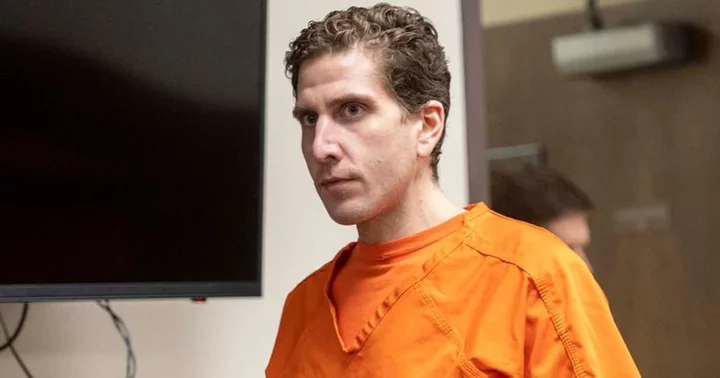The Ukrainian army said Sunday that it has pushed Russian forces back "three to eight kilometres" from the banks of Dnipro river, which if confirmed would be the first meaningful advance by Kyiv's forces months into a disappointing counteroffensive.
Ukrainian and Russian forces have been entrenched on opposite sides of the vast waterway in the southern Kherson region for more than a year, after Russia withdrew its troops from the western bank last November.
Ukrainian forces have staged multiple attempts to cross and hold positions on the Russian-controlled side -- with officials in Kyiv finally reporting a "successful" breakthrough last week.
"Preliminary figures vary from three to eight kilometres, depending on the specifics, geography and landscape design of the left bank," army spokeswoman Natalia Gumenyuk told Ukrainian television Sunday, without specifying whether Ukraine's military had complete control of the area or if the Russians had retreated.
"The enemy still continues artillery fire on the right bank," she said, estimating that "several tens of thousands" of Russian troops are in the area.
"We have a lot of work to do," she added.
It comes after Kyiv's much-awaited counteroffensive launched last June had largely fizzled, with Ukraine retaking just a handful of villages in the south and east.
The last significant success claimed by Kyiv was the retaking in August of the village of Robotyne in the southern region of Zaporizhzhia.
Ukrainian forces were not able to further pierce Russia's defensive lines.
A bridgehead on the left bank of the Dnipro would allow a deeper offensive in the south, though it would require deploying more men and armour in the difficult-to-reach marshy region.
Moscow has not reported any Ukrainian breakthroughs.
AFP has not able to independently confirm the claims made by officials.
- Drone attacks -
Meanwhile, drone attacks, a defining characteristic of the war in Ukraine, have intensified this week.
Kyiv and Moscow were targeted Saturday night, though both sides claimed to have intercepted most of the attacks and no victims were reported.
According to the Russian defence ministry, a drone "was destroyed by the air defence equipment... over the territory of the Bogorodsky urban district, in the Moscow region".
Ukrainian drone attacks on Moscow were particularly frequent in the spring, ahead of the launch of its counteroffensive in June, but they have been rare in recent weeks.
Meanwhile, Kyiv was also targeted for a second night by a barrage of Iranian-made Shahed drones packed with explosives that were launched by Russian forces, local authorities said.
In total, "15 of the 20 enemy drones were destroyed," the Ukrainian military said in a statement.
A day earlier, the Ukrainian air force said it had shot down 29 of 38 Shahed drones launched by Russian forces across the country -- the most drones launched by Moscow in an overnight attack since late September.
Saturday night, Ukrainian President Volodymyr Zelensky said he expected Russia to increase its attacks on Ukraine's energy system to paralyse the country's heat and power supply.
"The closer we get to winter, the more Russian attempts will be made to make the strikes more powerful," he said in his daily address, calling on his army to be "100 percent effective, despite all the difficulties, despite all the fatigue".
bur/bur/gv/giv









